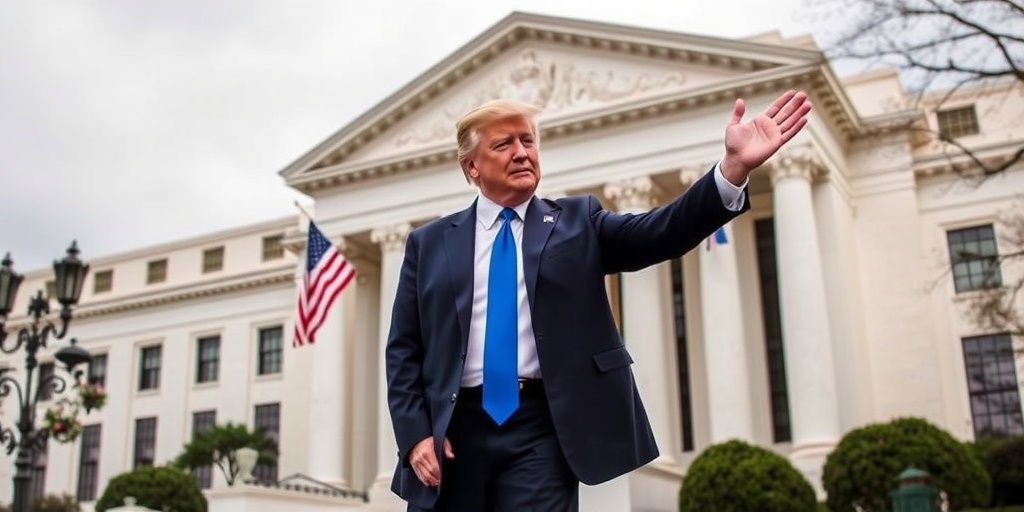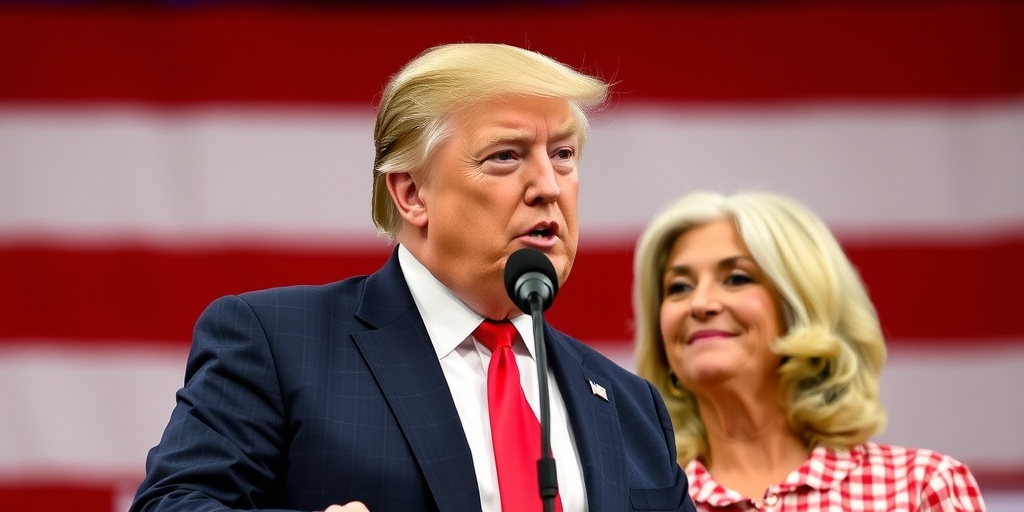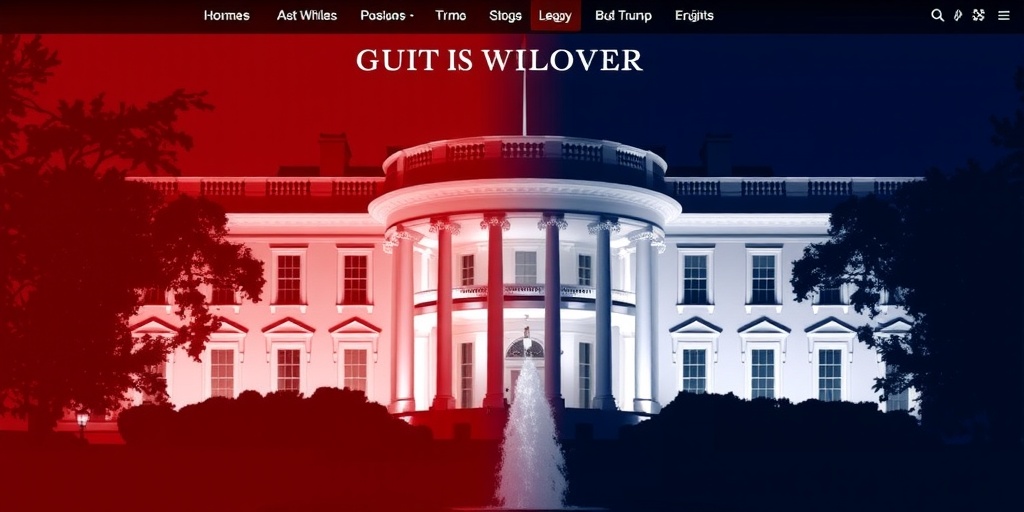Now Reading: Pardoned Biden Family Faces GOP Scrutiny
-
01
Pardoned Biden Family Faces GOP Scrutiny
Pardoned Biden Family Faces GOP Scrutiny

Former President Joseph R. Biden Jr. made headlines with his recent decision to issue preemptive pardons to five family members, an action that followed years of investigations and scrutiny from his Republican counterparts. The pardons were granted on the last day of Biden’s presidency and were directed towards his brother, James Biden; James’s wife, Sara Biden; Biden’s sister, Valerie Biden Owens; her husband, John T. Owens; and Francis W. Biden, the youngest sibling of the former president.
Despite none of these family members facing criminal charges, congressional Republicans have alleged that certain members of the Biden family improperly benefitted from the long-standing political career of Joe Biden. Claims regarding dubious financial dealings have circulated, particularly concerning Hunter Biden, the former president’s son. On the campaign trail, former President Donald Trump suggested that he would leverage the Justice Department to target members of the Biden family, intensifying the political scrutiny surrounding them.
In his statement announcing the pardons just 21 minutes before the end of his presidency, Biden emphasized that the pardons did not signify any acknowledgment of wrongdoing by the family members. He also expressed his concern over what he described as “unrelenting attacks and threats” directed towards his family, suggesting that these challenges are unlikely to subside in the foreseeable future.
Paul J. Fishman, the attorney representing James and Sara Biden, stated that his clients did not request the pardons because they have not committed any crimes. Nonetheless, they accepted the pardons as reaffirmed by the former president’s statements. This move from Biden was met with swift criticism from congressional Republicans, including Representative James Comer of Kentucky, who chairs the House Committee on Oversight and Government Reform. Comer condemned the pardons, framing them as an admission of guilt regarding corruption and suggesting the Biden family had exploited their political connections for personal gain.
The allegations against Hunter Biden have been particularly extensive, with investigations revealing that he accepted substantial sums linked to businesses in countries like China, Romania, and Ukraine during and after his father’s tenure as vice president. Prosecutors probed whether Hunter’s actions constituted violations of foreign lobbying laws but eventually opted to charge him only with tax evasion and possession of a firearm by a person prohibited. Hunter Biden faced convictions related to these charges and, in a controversial move by his father, received a pardon encompassing other potential offenses.
This sweeping pardon raised eyebrows among legal experts, who were concerned that it could prevent formal prosecutions related to foreign lobbying or any other violations that might come to light. Notably, James Biden, the former president’s brother, was linked to various foreign business ventures and was previously interviewed by federal agencies regarding these dealings but was not charged with any wrongdoing.
In a separate context, James Biden faced scrutiny for his involvement with Americore, a healthcare company that ultimately filed for bankruptcy amid a reported federal investigation. A lawsuit against him by a trustee overseeing Americore’s liquidation alleged that he defaulted on loans totaling over $600,000 by claiming that his last name, ‘Biden,’ could “open doors” due to his political connections.
Further complicating the narrative, congressional investigators unearthed transactions involving Hunter Biden receiving $1 million from a firm associated with the Chinese government, a portion of which was subsequently transferred to James Biden. These transactions drew attention during Hunter’s tax indictment, although specific names were not mentioned in the legal context.
The political motivations behind these investigations have been heavily debated, with Hunter Biden and James Biden’s lawyers labeling the efforts by congressional Republicans as political maneuvers rather than genuine legal pursuits. The calls for charges against them for allegedly misleading Congress further illustrated the partisanship underpinning these claims.
Additionally, Valerie Biden Owens, who has long served as an adviser to her brother, was noted to have secured a book deal following his election as president, prompting further allegations of leveraging political connections for personal gain. Despite the controversy, no law enforcement agency has charged her or her husband with any wrongdoing.
As the political landscape evolves, the implications of these pardons, alongside the continuing investigations into the Biden family’s financial dealings, highlight the ongoing tensions between Democrats and Republicans and the enduring scrutiny of political families in the U.S.
Stay Informed With the Latest & Most Important News
Previous Post
Next Post
-
 01New technology breakthrough has everyone talking right now
01New technology breakthrough has everyone talking right now -
 02Unbelievable life hack everyone needs to try today
02Unbelievable life hack everyone needs to try today -
 03Fascinating discovery found buried deep beneath the ocean
03Fascinating discovery found buried deep beneath the ocean -
 04Man invents genius device that solves everyday problems
04Man invents genius device that solves everyday problems -
 05Shocking discovery that changes what we know forever
05Shocking discovery that changes what we know forever -
 06Internet goes wild over celebrity’s unexpected fashion choice
06Internet goes wild over celebrity’s unexpected fashion choice -
 07Rare animal sighting stuns scientists and wildlife lovers
07Rare animal sighting stuns scientists and wildlife lovers





















